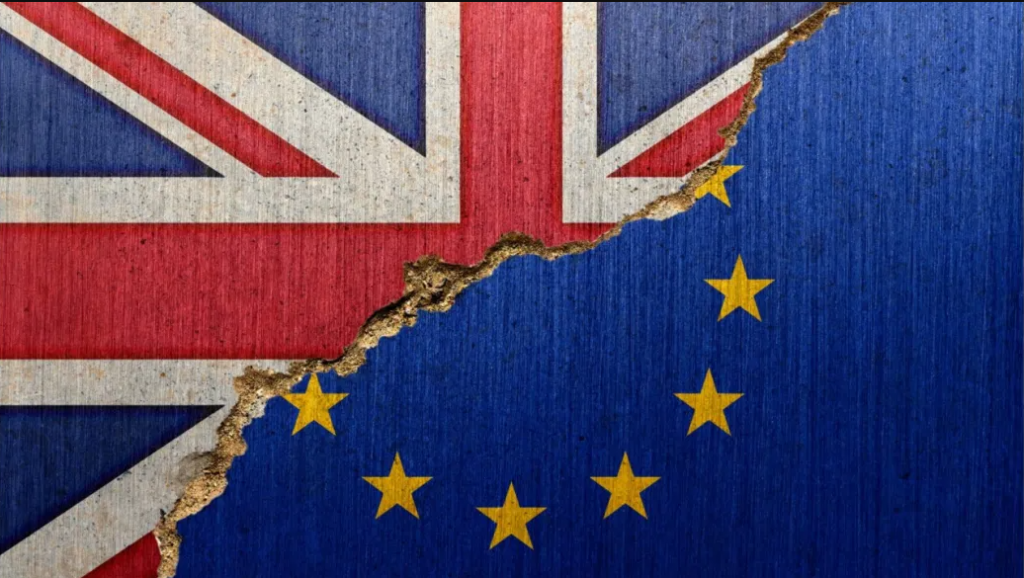The EU-UK negotiations ended with a positive result and even though there were only a few days until a no-deal scenario would have been implemented, there is a deal between the two sides and stock markets should have one less worry as the year-end is closely unwinding. With that in mind, we would like to talk about both the short and long-term implications of the deal, as well as how markets could react.

Short-term relief – European markets higher?
Even though stock markets have become immune to vaccine news, the Brexit deal was welcomed by some of the largest European markets. The DAX 30 recovered from the December 21st losses and is on track to break to a new record high next week or early into 2021. Lower political uncertainty is regarded as good for the business sector and now that a deal is in place, the markets will start pricing in other developments. However, keep in mind that the deal will need to be approved by both the UK and EU parliament.
Longer-term implication – weaker economic output
Despite the short-term enthusiasm generated by the deal news, analysts expect the breakout from the EU to cost the UK around 4% of economic output over the longer run. That’s bad news for the Pound and the country, given it is already facing one of the most severe contractions in decades. Risks will continue to weigh in 2021, including the prospects of a debt crisis, as we’ve talked about several weeks ago.
Governments will need to gradually reduce stimulus as economies get back to normal and that should act as a drag on the recovery. Also, higher inflation prospects will push interest rates higher, which will make refinancing outstanding debts more costly. There is already chatter about yield curve control and other measures to cap yields and it would be interesting to see if either of those will materialize in 2021.
Divergences to appear?
Even though a deal had been reached, critics are suggesting that conflicts between the two sides won’t fail to show up. Matters like governance and fisheries had been outstanding issues and compromises were needed to break the deadlock. The overall picture had not changed and European politics remain as divided as they were before the deal. What do you think about the EU-UK trade deal? Is it the best possible or are there any issues that could underpin stock markets in the future?
